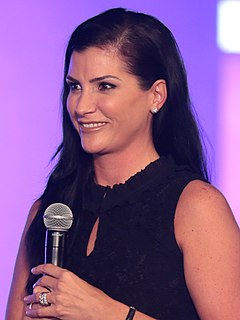A Quote by George Saunders
While writing this book [Lincoln in the Bardo], [idea of inclusion] occurred to me, you either believe in the Constitution or you don't. If you do, it's intense in what it wants of us.
Related Quotes
One of the revelations in that book [Lincoln in the Bardo] for me was this idea about citizenship. Even that word - citizenship - for someone my age, it makes me cringe. But, to me, the political space we're in now argues for a reboot of fairly simple ideas and the examination of the way that Americans have not been living into them.
Until the early 90s, when I was working on a project about the idea of free will in American philosophy. I knew that Lincoln had had something to say about "necessity" and "fatalism," and so I began writing him into the book. In fact, Lincoln took over. I wrote instead 'Abraham Lincoln: Redeemer President,' in 1999, and I've splitting rails with Mr. Lincoln ever since. If there's a twelve-step process for this somewhere, I haven't found it yet.
What was fun for me with this book [Lincoln in the Bardo] was to start out with the principle that went, "We're going to fight every day to make this not a novel; make it too short to be a novel." And then with that principle in place, the book sort of starts to say, "Okay, but I really need this. I really need some historical nuggets." And you're like, "All right, but keep it under control."



























